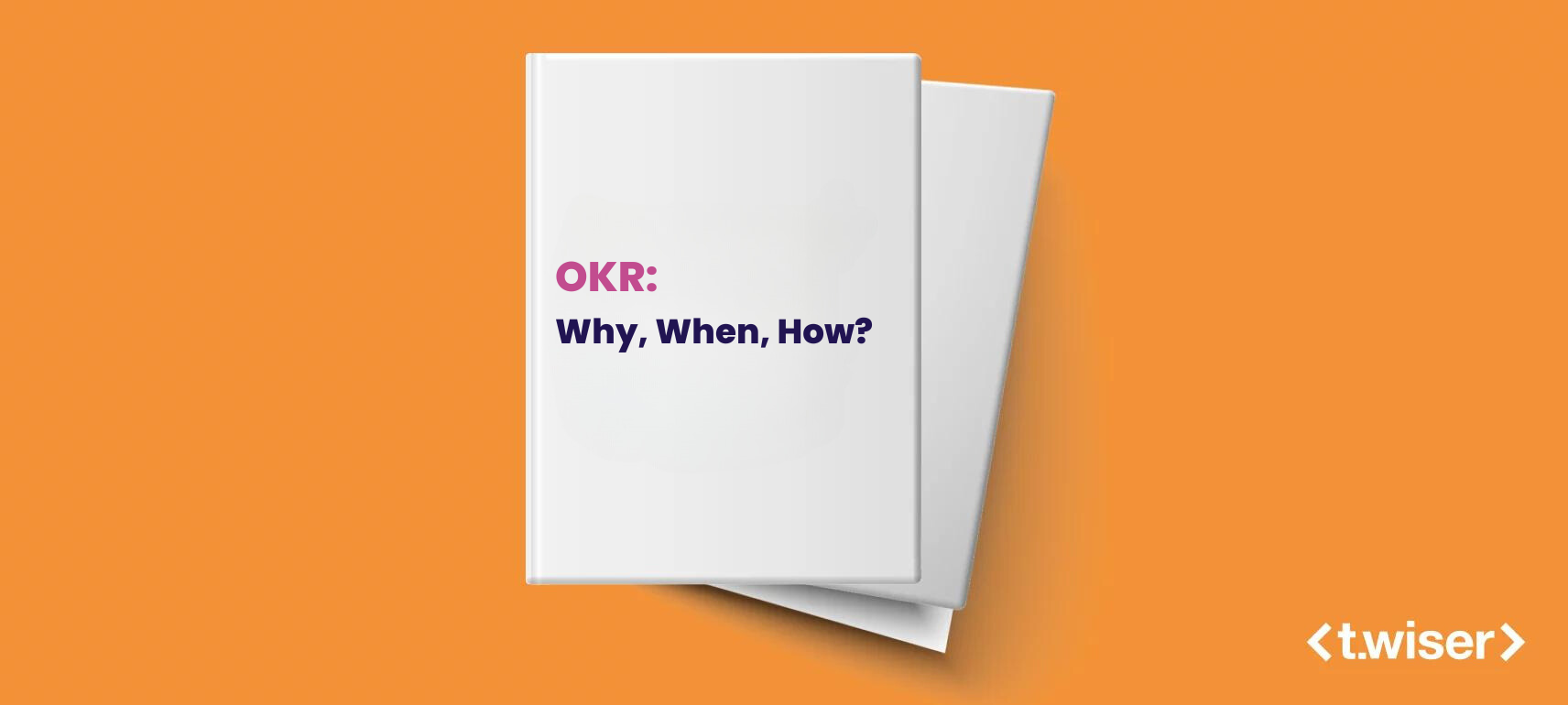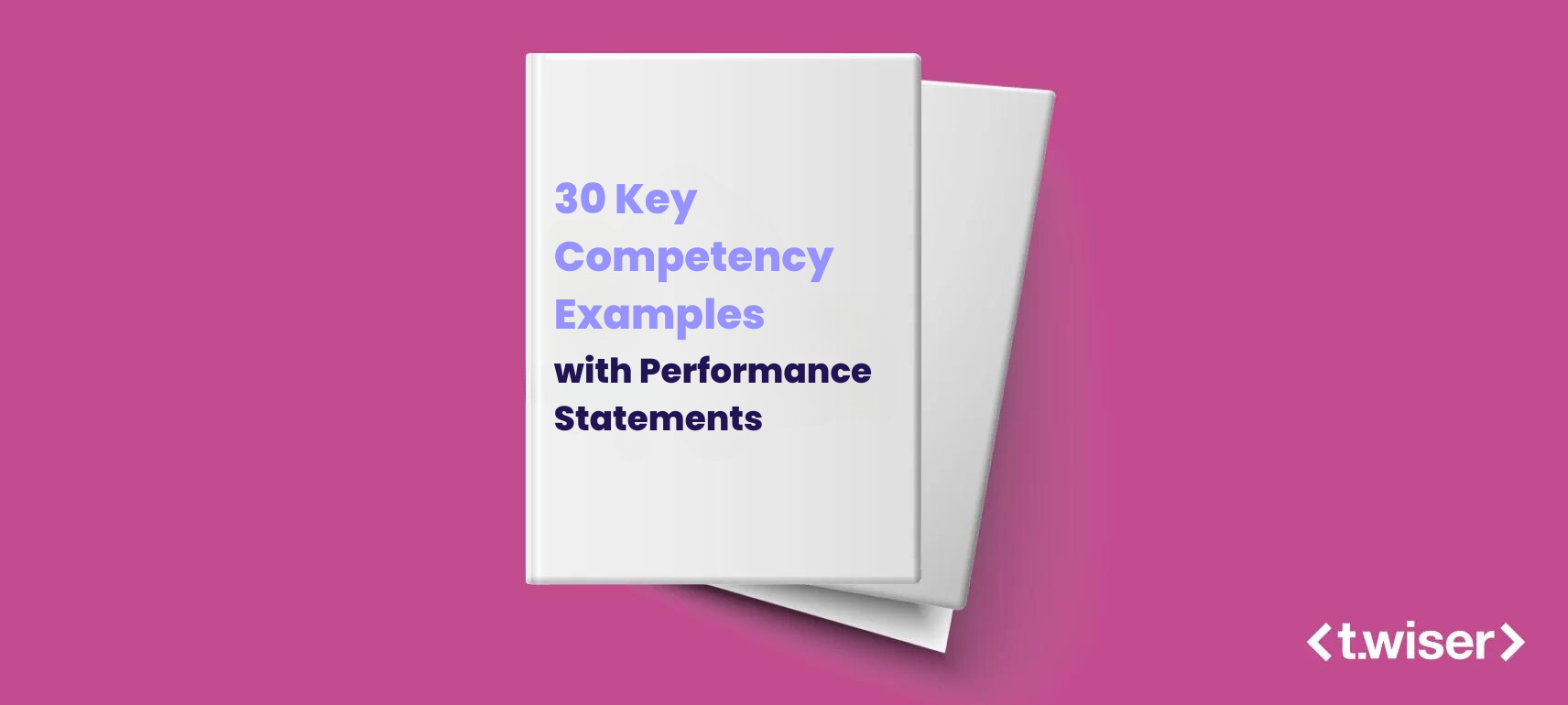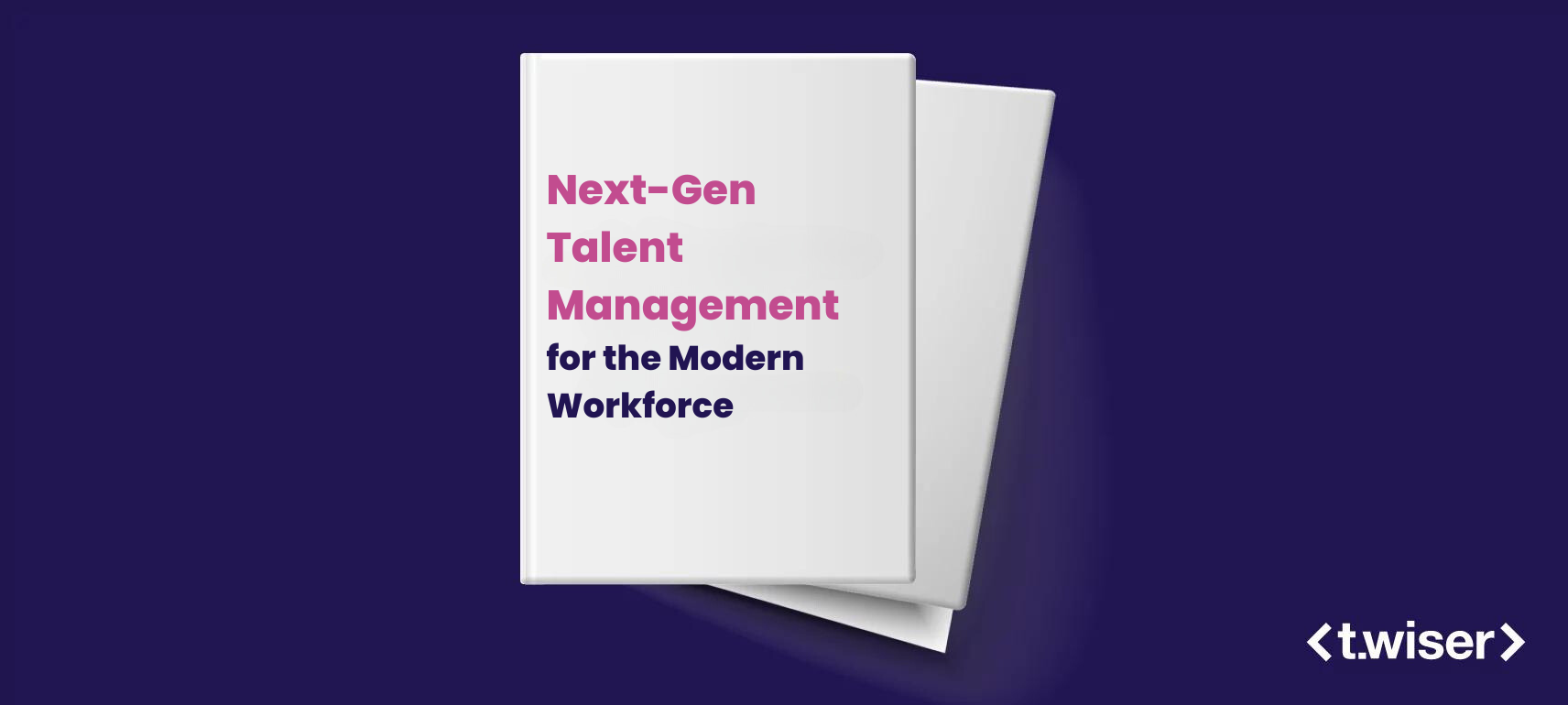It is essential for business success that teams and employees have clear goals and expectations. Performance management creates a structure for setting those and rewarding achievements in an organization. Performance management techniques make managers more efficient and employees more responsive to instructions.
Performance management is a system of setting goals within a company, communicating those goals to all teams, monitoring progress on them, and responding to and rewarding employees according to their achievements. When properly implemented, performance management helps managers make their employees focus on the desired outcomes giving them clarity on what is expected of them. This creates a system where everyone in the company wins, and as a result, the company’s bottom line improves.
Key Benefits of Performance Management
Performance management is a popular HR method because it offers many benefits to the company that implements it. Some of the most important benefits of performance management are:
Coordination: When employees and management agree on expectations and goals for a department or the entire company, it makes it easier to work as a cohesive unit. Efficient use of time at work benefits not only the company but also employees by giving them the feeling that they are contributing to something valuable.
Efficiency: When employees know what their priorities are and what management wants from them, it is easier for them to spend their time more wisely and decide what should be done in the first place.
Motivation: As an employee, it is important to feel that your work is appreciated. When hard work doesn’t seem to be rewarded, it’s natural for productivity to drop as a result, because the motivation to keep working hard dissipates when less hardworking colleagues get the same reward. When you are motivated, your work becomes easier and your overall productivity benefits the whole organization.
Productivity: When employees can use their time more efficiently and are motivated, they can get more work done every day. This is a great way for them to stand out and be noticed, and with the right implementation of performance management, this increased productivity will be rewarded.
Evaluation: PM creates a structure to follow as an employee and rewards you when you meet and exceed your goals. Knowing that your company appreciates the hard work you do can make your job more enjoyable, which in turn makes it easier for the company to retain the most productive employees.
Profitability. By doing the most critical work most efficiently and retaining the employees who perform best, the company positions itself for sustainable financial growth.
What About Next-Generation Performance Management?
In the last several years, companies had to significantly change their work approach, especially when it comes to performance management. Traditional work culture is now being replaced by hybrid work models, where employees combine working in the office and home.
The crucial issue arising in this context is the lack of alignment between individual and company goals which inevitably leads to a gap between business results and employee performance. Giving employees goals that align with the company’s long-term objectives enables them to visualize the way they contribute to the larger picture and enhances their productivity.
Problems like this are mainly caused by ineffective and dysfunctional performance management cultures with low employee engagement adopted by companies worldwide. According to 2020 Deloitte research, up to 96% of HR professionals have reported dissatisfaction with their current performance management, or PM, process; 83% of organizations are considering or have made changes to their PM process; and 100% of companies in the second or year or later of their PM transformation said it was worth the investment.
While there is no single, universally accepted method for achieving performance management, by evaluating the most popular methods and identifying the key steps, you can develop an effective PM plan. To learn more about it, download our free “The All-You-Need-To-Know Guide to Performance Management”. It will help you understand better what performance management is, how it is used in the workplace, and what benefits it brings.
If you want to learn more, download our booklet “The All-You-Need-To-Know Guide to Performance Management” now!



















